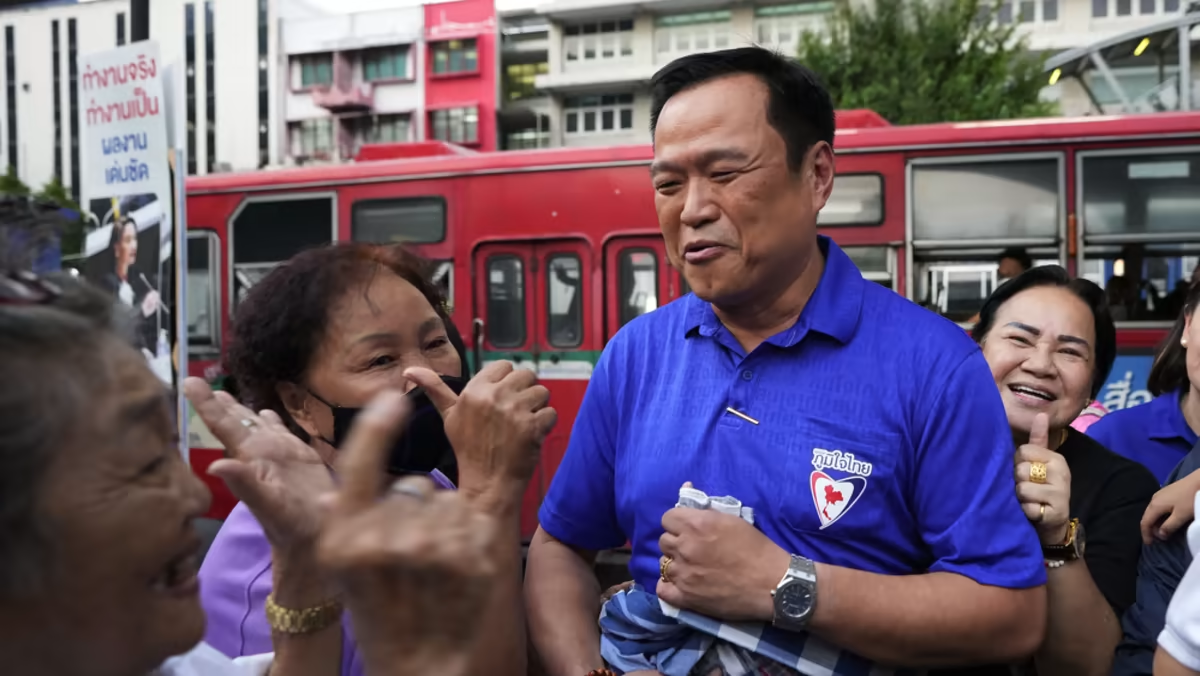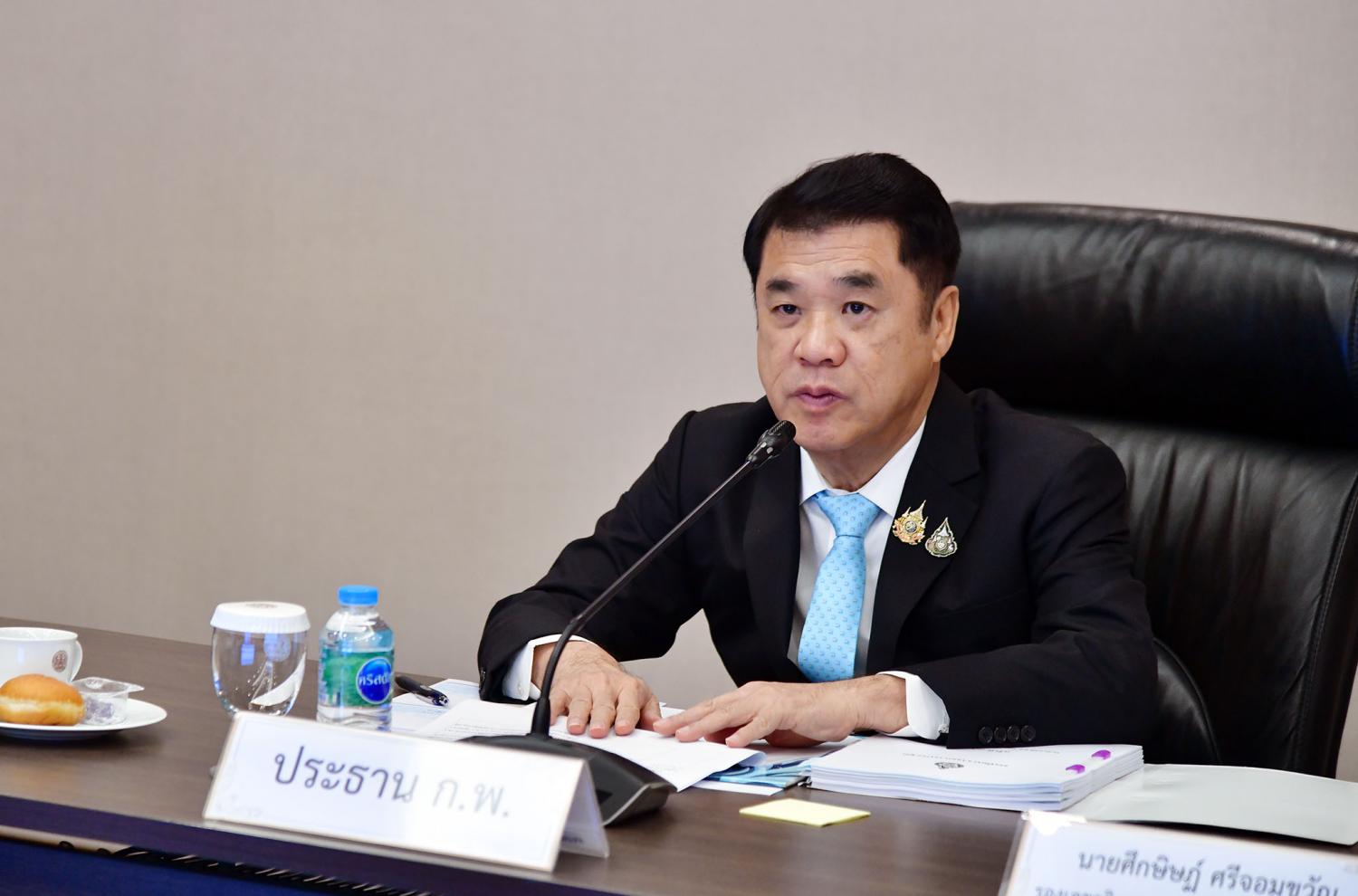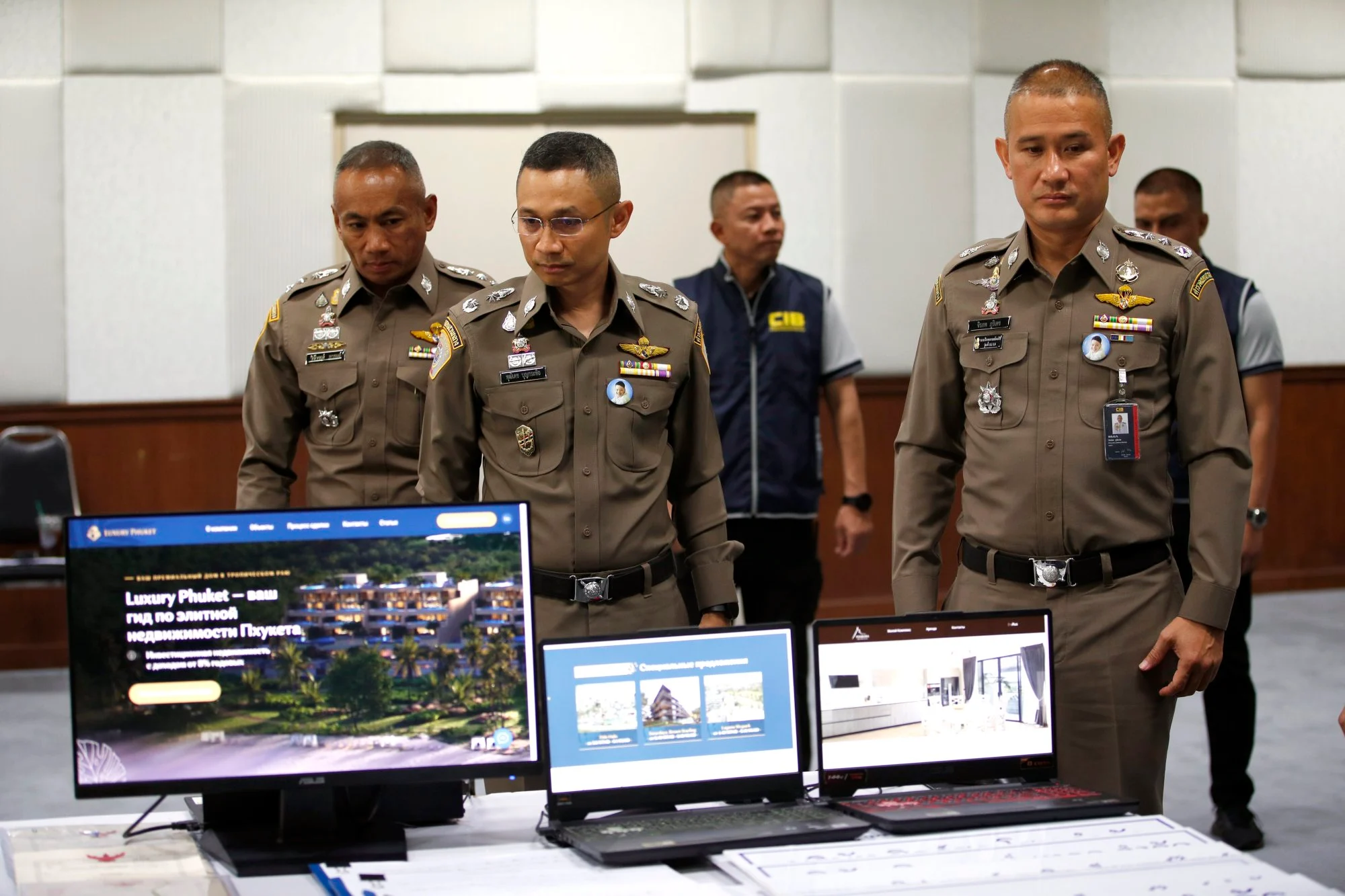Paetongtarn Faces Leadership Crisis
The Bhumjaithai Party, Thailand’s second-largest coalition partner, withdrew from Prime Minister Paetongtarn Shinawatra’s government on June 18, 2025, citing a leaked phone call with former Cambodian PM Hun Sen that sparked national outrage. The decision, announced after a tumultuous day, has plunged the Pheu Thai-led coalition into uncertainty, with Bhumjaithai demanding accountability for remarks they claim tarnished Thailand’s dignity.
Bhumjaithai’s Resignation Details
Ministers Quit En Masse
Bhumjaithai’s executive committee unanimously resolved to exit, with all eight cabinet ministers submitting resignations effective July 19, 2025. The party pledged to support Thailand’s military and officials in defending national sovereignty, a pointed reference to Paetongtarn’s controversial statement in the leaked call, where she appeared to criticize Second Army commander Lt Gen Boonsin Paadklang. The party’s 69 MPs, though significant, leave the coalition with a slim majority of 255 votes in the 495-seat House.
Leaked Call Ignites Backlash
Sovereignty Concerns Raised
The June 15, 2025, audio clip, which Paetongtarn confirmed as authentic, captured her urging Hun Sen to ignore “opponents” like the Thai military commander amid a Thai-Cambodian border dispute. Bhumjaithai condemned the remarks as damaging to national pride and military morale, accusing Paetongtarn of undermining Thailand’s stance in the Chong Bok conflict. The prime minister insisted her words were misinterpreted, aimed at fostering peace, but the fallout has fueled calls for her resignation.
Interior Ministry Feud Fuels Split
Anutin Rejects Cabinet Reshuffle
Tensions between Bhumjaithai leader Anutin Charnvirakul and Paetongtarn escalated over control of the influential Interior Ministry, which manages local governance and security. Anutin, who has held the portfolio since 2023, rejected Pheu Thai’s push to reassign it, citing a coalition agreement. Paetongtarn denied such a deal, but sources indicate Bhumjaithai ministers began clearing offices, anticipating a reshuffle that ignored their demands. This rift, simmering for months, amplified the leaked call’s impact.
Coalition’s Fragile Majority
Political Instability Looms
Despite losing Bhumjaithai’s 69 MPs, Pheu Thai’s coalition retains a narrow majority with 255 votes, supported by 10 smaller parties like United Thai Nation and Democrats. However, the exit has weakened Paetongtarn’s grip on power, with analysts warning that further defections could trigger a snap election within 60 days. The prime minister, already grappling with a sluggish economy and border tensions, faces mounting pressure to stabilize her government amid declining public confidence.
Bhumjaithai’s Future Role
Support for Military Emphasized
Bhumjaithai vowed to align with Thai citizens to bolster the military and protect national interests, signaling a shift to opposition or independent status. The party’s statement highlighted its commitment to sovereignty, contrasting with Paetongtarn’s diplomatic approach. As Thailand navigates the border crisis and upcoming debates like the 2026 Budget Bill, Bhumjaithai’s 69 MPs could sway key votes, potentially deepening political gridlock or forcing coalition realignments.
Paetongtarn’s Leadership Tested
Calls for Accountability Grow
The leaked call has intensified scrutiny of Paetongtarn’s leadership, with opposition groups like the People’s Party demanding her resignation for allegedly undermining the military. At 38, Thailand’s youngest prime minister, Paetongtarn faces challenges rooted in her family’s polarizing legacy, with her father Thaksin Shinawatra’s influence looming large. Her ability to retain coalition loyalty and address sovereignty concerns will determine whether she can weather this crisis or face a premature end to her tenure.









